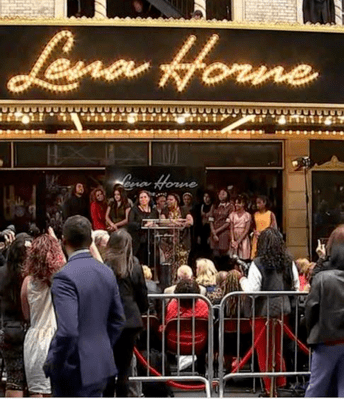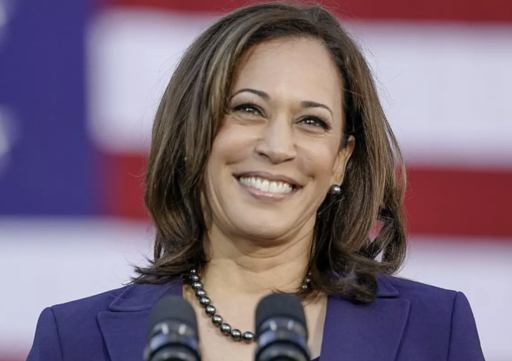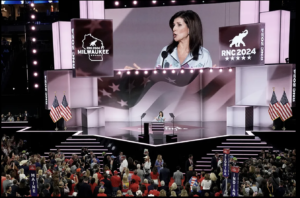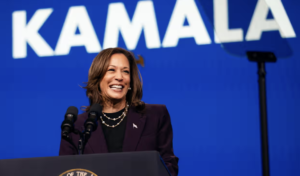Lena Horne Becomes The First Black Actress To Have Broadway Theater Named In Her Honour

The Brooks Atkinson theatre at 256 W. 47th Street displays a glittering marquis with the name of the late dancer, actress, singer and civil rights activist Lena Horne, one of the most prolific entertainers in American history.
According to the report of ABC New York Station when Horne was just 16 years old she started her work as the chorus for the Cotton Club in New York City. Two years later, she made her screen debut in a musical short titled Cab Calloway’s Jitterbug Party. At the height of her career, in the early 1940s, she was the highest-paid Black entertainer. She also made waves in the music world, performing songs such as “Stormy Weather,” “At Long Last Love,” and “Mad About the Boy.” Besides, she won four Grammy awards, including a Lifetime Achievement Award she received in 1989 and a Tony for Best Actress in 1957 for originating the role of Savannah in musical Jamaica.

Many who were related to the entertainment industry who were influenced by Horne gathered in Manhattan’s Theater District to celebrate the honour bestowed upon Horne as the Brooks Atkinson Theater was renamed to the Lena Horne Theater in a moving ceremony featuring Broadway actors, political figures, and Horne’s relatives.
The Nederlander Organization, which owns the venue, said they chose Horne because of her career and her civil rights activism. “Lena’s legacy will never die. It’s because of people like her that Broadway— theatre, in general—and the entertainment industry made progress in the march towards racial equality,” said James L. Nederlander during the ceremony.
Horne was celebrated for fighting racism in the entertainment industry and for her involvement with the Civil Rights Movement—she even marched in Washington, D.C., in 1963. As a working member of Hollywood, she refused to play maids or any demeaning roles, which were most of the available roles for Black women at the time. She also worked with Walter White, the leader of the NAACP, to help improv the way Black women were represented on screen.
Credits: My Modern Met








